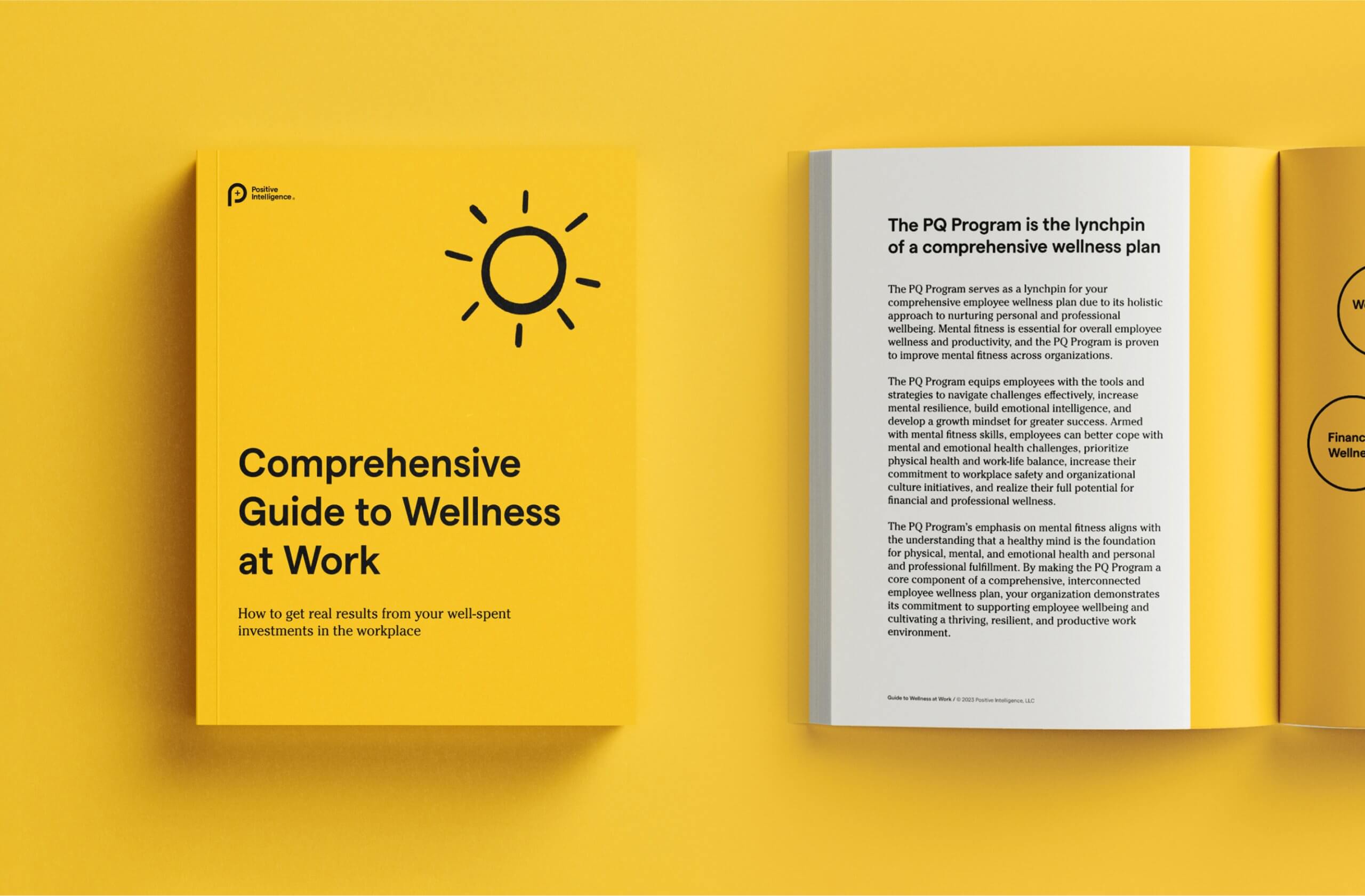
# The Fallacy of the Quick Fix: Why Small, Steady Improvements Are More Important Than BPA-Free Tupperware
When my friend Anna enthusiastically announced that she had just purchased a new set of BPA-free Tupperware, I had to take a moment.
Anna is an accomplished legal professional, a sharp thinker, and someone who easily discerns nonsense. So why did she suddenly believe that replacing plastic containers would aid her in weight loss?
She mentioned she had come across information suggesting that microplastics in food storage could interfere with hormones, possibly causing weight gain. It seemed reasonable at first glance. Yet, just a few minutes prior, she had confided that she struggled with regular workouts, often opted for takeout, and frequently sacrificed sleep to scroll through her phone late into the night.
So, I gently inquired:
> “What about being more regular with your workouts? Or preparing more meals at home during the week?”
What did she say?
> **“Sure, but I’ve attempted that countless times. If it were that easy, it would have succeeded by now.”**
Does that ring a bell?
## Why We Pursue the “Quick Fix”
At some point, we’ve all fallen prey to an overly specific, niche “quick fix” approach instead of concentrating on the fundamental, straightforward actions that genuinely promote change.
We waste hours searching for the **most** effective workout instead of simply moving our bodies on a regular basis. We procrastinate for the “right moment” to start eating better. We purchase trendy equipment, thinking it will magically alter our habits.
Why is this?
Because acquiring something new *seems* like taking action. Viewing YouTube videos about weight loss and nutrition *feels* like being productive. Anticipating the “ideal” moment *feels* like the smart choice.
However, the truth is, **nothing transforms until we engage in real, consistent action**.
## The Unexciting Health Practices That Truly Work
We are all aware of what we *ought* to do. But are we executing them consistently?
Let’s revisit the straightforward, research-supported habits that genuinely enhance health, body composition, and overall wellness:
✔ **Engage in regular exercise.** Aim for at least 30 minutes a day of moderate-to-vigorous activity, combining aerobic and strength training.
✔ **Focus on mostly whole, minimally processed foods.** Perfection isn’t necessary—just try to have 80% of your diet come from nutritious sources. (Yes, indulging in pizza can still be part of a healthy lifestyle.)
✔ **Emphasize protein intake.** Target around 1.2 to 2.2 grams per kilogram of body weight daily (approximately 4-6 palm-sized portions of protein each day).
✔ **Aim for a minimum of 7-8 hours of sleep each night.** While you might not control your sleep schedule, establishing a consistent routine can help.
✔ **Limit excessive alcohol and junk food consumption.** Enjoying these in moderation won’t derail your efforts, but frequent overindulgence can make a notable impact.
And yet, despite being aware of these essential behaviors, studies indicate that **only 6% of Americans consistently practice the basics.**
**If these strategies are so straightforward, why do we find it challenging to put them into action?** Let’s explore that.
## 3 Common Obstacles That Hinder Consistency
### **Obstacle #1: Ambition Overload (Taking On Too Much At Once)**
Many individuals choose to change **everything** at the same time:
🚀 Exercise daily
🥗 Consume perfectly clean meals
🛏️ Sleep 8 hours each night
But do they currently have a regular exercise plan? Do they already eat plenty of vegetables? Are they consistently getting enough sleep?
Probably not.
**Completely transforming your lifestyle all at once is unrealistic.** Too much change too quickly often leads to burnout and setbacks. Instead of trying to change everything at once, focus on **one small, impactful habit at a time**.
💡 **Solution:** Select **one manageable action** to begin with—like adding 10 minutes of walking to your daily routine or preparing just one additional homemade meal each week.
### **Obstacle #2: Believing Only Extreme “Cutting-Edge” Solutions Are Effective**
Many people are convinced that achieving optimal health necessitates something intricate, extreme, or complex.
> **“If basic habits were effective, wouldn’t everyone be fit and healthy?”**
Well, no—knowledge isn’t the limiting factor. **Consistency is.**
The true challenge lies not in the ineffectiveness of basic health habits—it’s that most individuals **aren’t adhering to them consistently enough to notice results**.
💡 **Solution:** Rather than pursuing pricey supplements or convoluted diet plans, **concentrate on consistently mastering the basics for a minimum of 3-6 months before making changes**.
**Boring works.**
### **Obstacle #3: The Pursuit of Perfection**
Many give up when they can’t maintain “perfect” discipline. But here’s the truth?